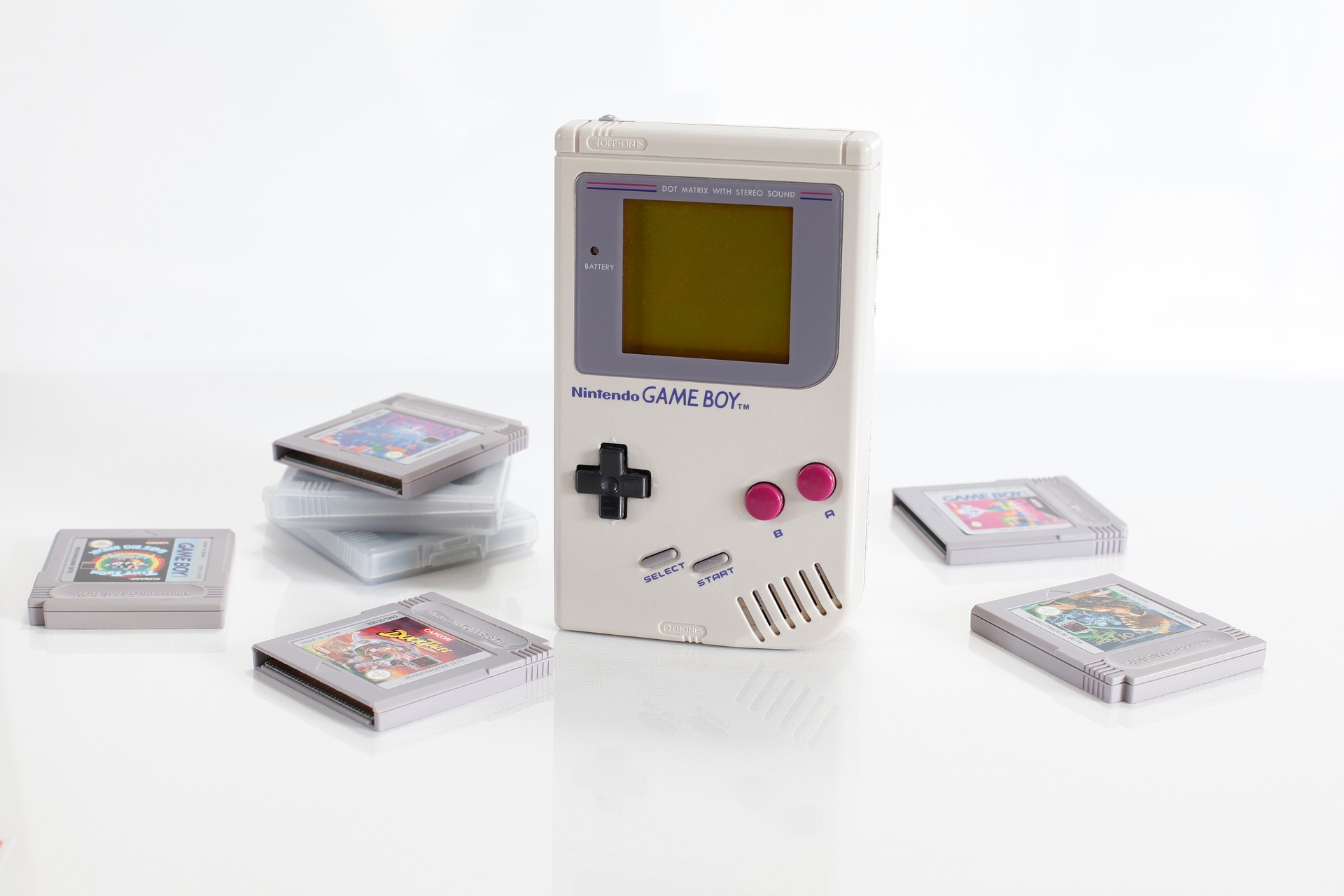When you visit Japan, chances are that you’ll want to have a proper conversation with Japanese people using Japanese. And while its always a good idea to learn some basic Japanese before you arrive, if you really want to fit in and make some friends, we recomened you pick up on the local lingo and slang.
So what does slang look like in Japanese? The Japanese language is hierarchial in nature and has different levels of politeness. As a result, certain words are only used by people in power or during business, and some words are used mostly in casual conversations by young people. By dropping slang into a Japanese conversation, you are essentially giving off the vibe that this is a friendly and casual conversation. However, be warned as using them in the wrong situation could give off the wrong message and end you up in some hot water.
1. Yabai (やばい)

“Yabai” is one of the most commonly used Japanese slang words and it means something along the lines of “crazy”, “dangerous”, or “wild”. For example:
今回の数学のテストの結果、マジでヤバイ!0点取っちゃったよ!
“I didn’t get a single point on this last math test! Oh my god!”
Here, the meaning of “yabai” is adjacent to the English expression “Oh my god!” however the usage is pretty versatile.
Originally, the meaning of “yabai” stricktly ment “dangerous” and “inconvenient”, but young people these days tend to use “yabai” all the time for a wide number of scenerios. “Yabai” can be used when you are very impressed, “Yabai”for when you are happy, “Yabai” for when you are very surprised, and “Yabai” for when you are enjoying something.
2. Maji (マジ)
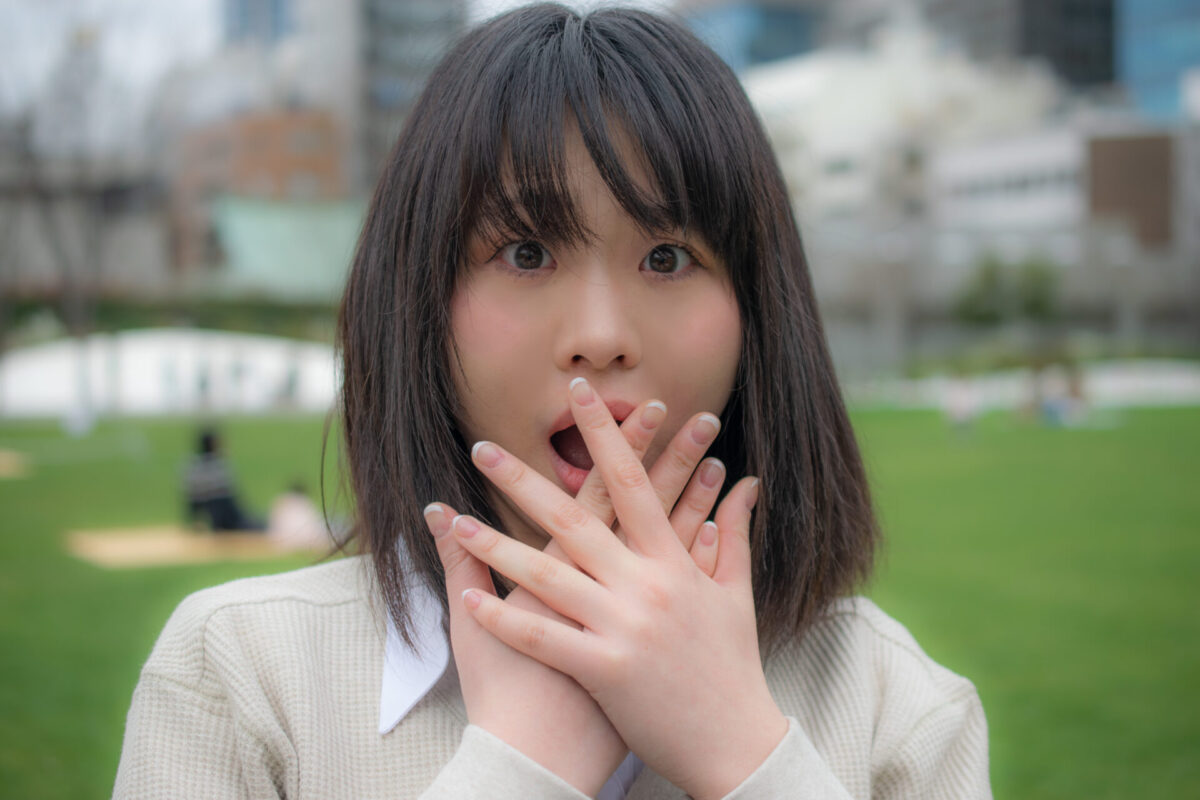
“Maji” is another common word whose meaning changes depending on the context. The meaning is close to the English “really?” or “seriously?”. It is typically a word used when you are very surprised or suspicious but can have a positive meaning as well. Here is an example:
あの俳優が逮捕されたってマジ?彼、何やらかしたの?
“Was that actor seriously arrested? Did he do something bad?”
Now here is an example of “maji” in a positive context:
今日も仕分け仕事、明日も仕分け仕事、明後日も仕分け仕事・・・。マジこの仕事辞めたい。
“Paperwork today, paperwork tomorrow, paperwork the day after tomorrow… I really want to quit this job.”
3. Paripi (パリピ)

The word “paripi” is an abbreviation of the Japanese bastardization of the English word “パーティーピープル (party people)”. It means “party animals,” or people who like parties particularly in places such as clubs, raves, and festivals. However, it is sometimes used in a negative sense, referring to people who like to make a lot of noise and have a massive personality.
昨日も飲んだの?パリピだね。
“Did you go out for drinking last night too? You’re a party animal.”
4. Guguru (ググる)

“Guguru” means “to look up something on the Internet” in the same way that the word “Google” is used as a verb in English. Incidentally, in Japan, the search engine “Yahoo!” is also popular, and there is the word “Yahuru (ヤフる)”, can be used in the same way as “Guguru”.
そういえばちょっと昨日ここのショッピングモールをググったんだけど、明日からアウトレットセールをやるみたいだよ?
“Oh, by the way, I googled this shopping mall yesterday, and they’re having an outlet sale starting tomorrow!”
5. Ukeru (ウケる)
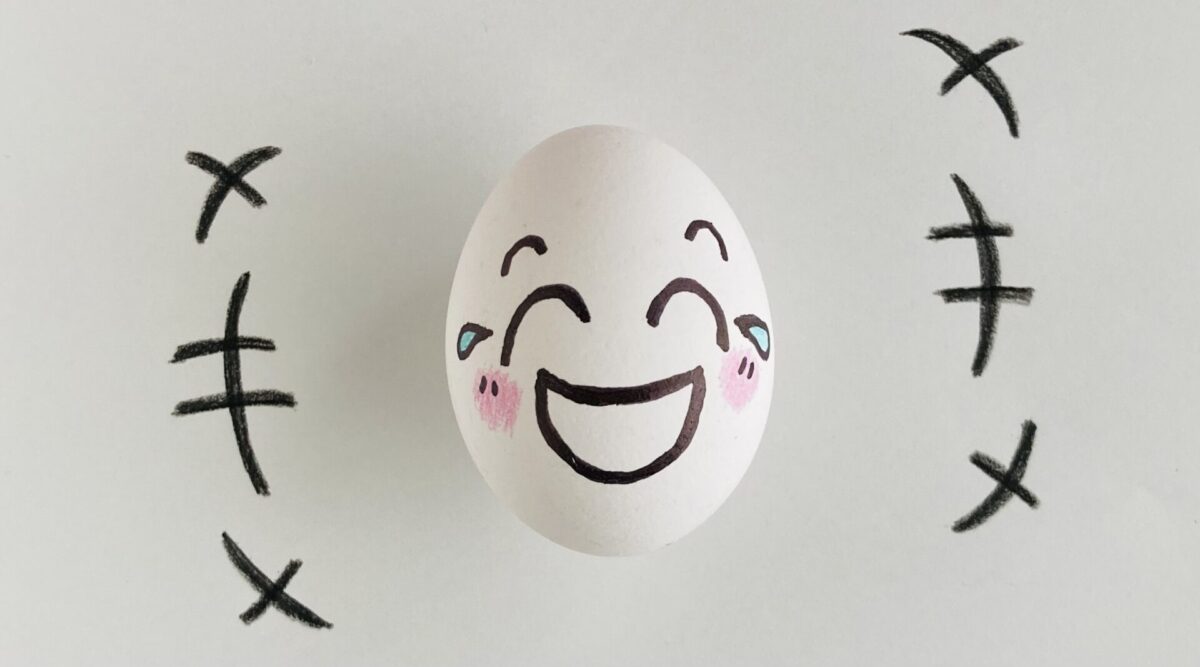
“Ukeru” is a word often used by young people and is equivalent to the English word “hilarious”. It is usually used while watching something funny on TV such as a comedy program or after something really funny happens.
うわー、このコメディドラマ、ウケる!マジ面白すぎ!
“Wow, this comedy-drama is hysterical! Seriously too funny!”
6. Donmai (ドンマイ)

“Donmai” comes from the English “don’t mind”, which carries over to mean “don’t worry about it” in Japanese. This Japanese slang is typically used when you want to encourage someone to get back on their feet after they have made a big mistake.
A: まさかの運転免許試験に落ちちゃった・・・。
B: ドンマイ!次があるさ。
A: “I failed in my driver’s license test…”
B: “Don’t worry about it! There’s always next time.”
7. Mechakucha (めちゃくちゃ)
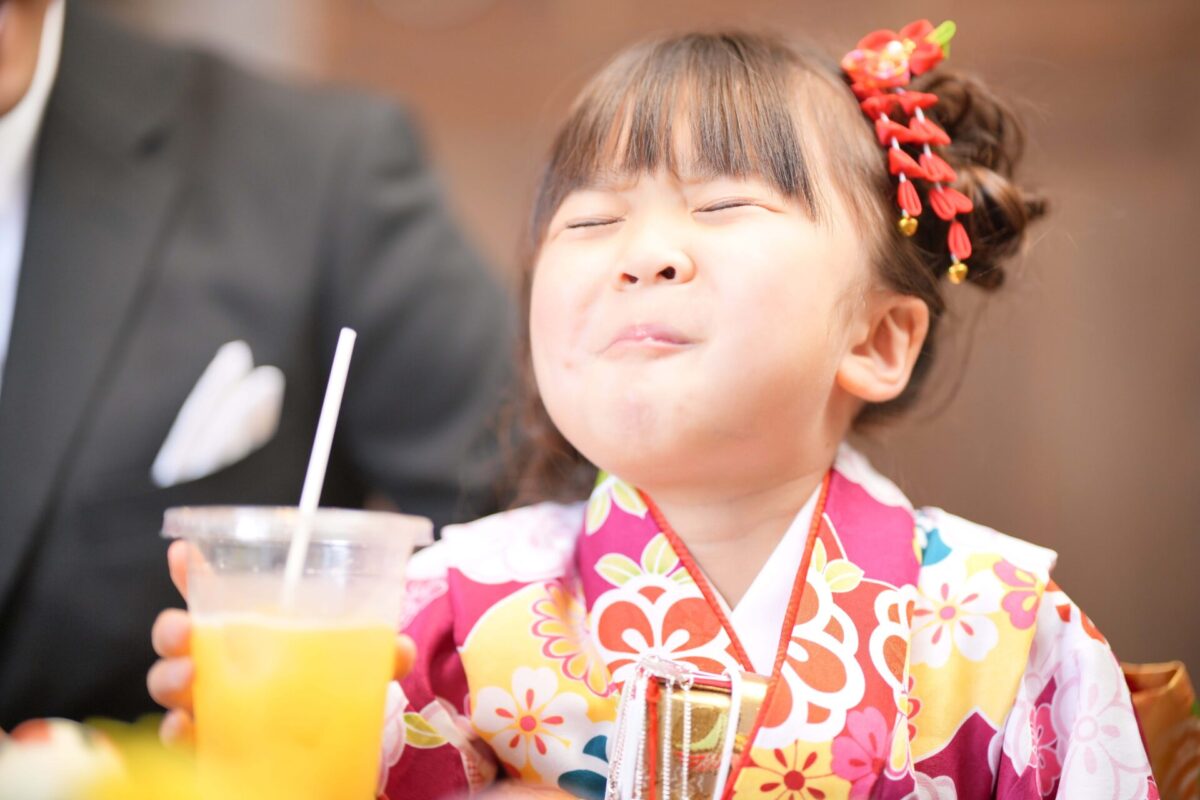
The word “mechakucha” originally means “chaotic” or “incoherent” in Japanese, but young people nowadays often use it in a different way. It is also often used to emphasize one’s feelings and can be used kind of like “terribly” or “insanely” in English.
この寿司店に行ったことある?ここのマグロの寿司はめちゃくちゃ美味いよ!
“Have you ever been to this sushi restaurant? Their tuna sushi is insanely good!”
8. Kimoi (キモい)

The word “kimoi” is usually used in a negative sense, and is an abbreviation of the Japanese word “Kimochiwarui (気持ち悪い)”. In English, it corresponds to “gross”, “disgusting”, and “creepy”, and is used when you feel strongly uncomfortable with something. If you use this word to describe a person, however, it is extremely rude and is on par to calling them a total creep.
虫を食べるなんてキモいわ!絶対に無理。
“Eating insects is disgusting! Absolutely not.”
9. Uzai (ウザい)
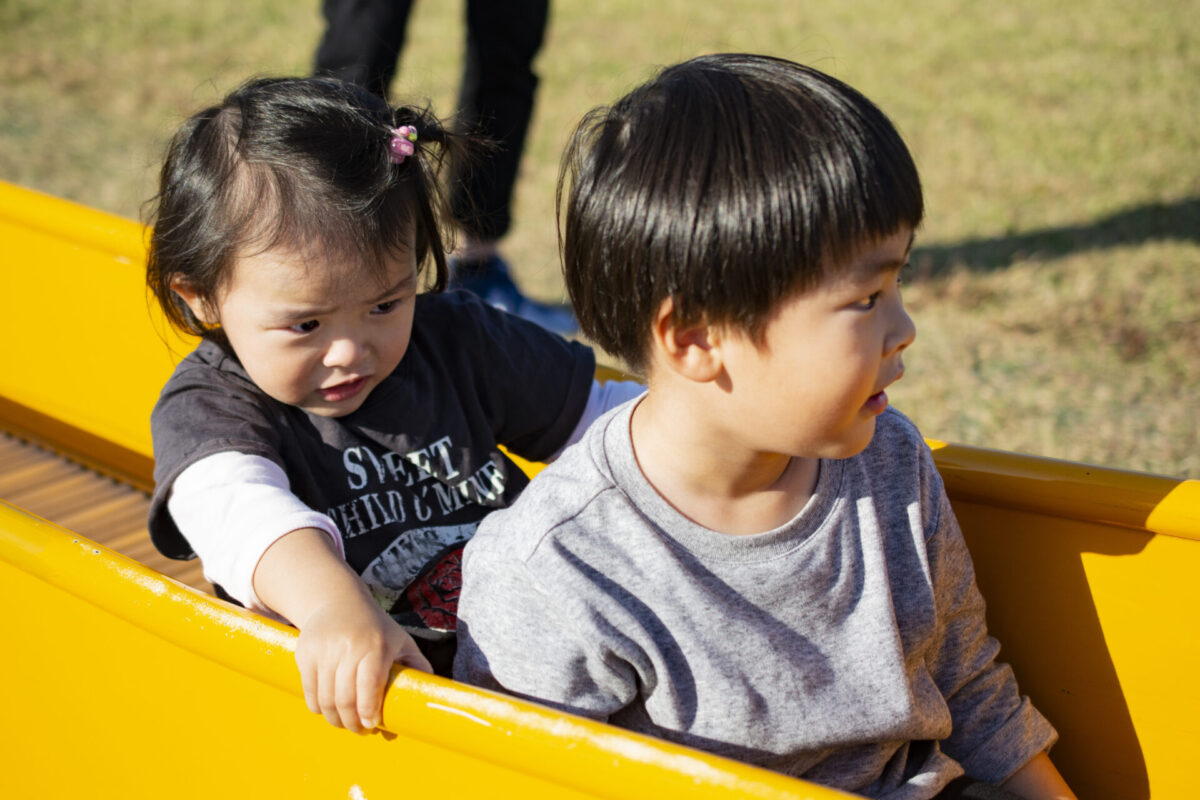
“Uzai” is an abbreviation for “うざったい (Uzattai)”, and means “troublesome” and “depressing”. In English, “annoying” is probably as close as you’ll get.
宿題が多すぎてウザい。なんでこんなことしなくちゃいけないの。
“Too much homework is annoying. Why do I have to do this?”
10. Ikemen (イケメン)

“Ikemen” is an abbreviation for “Iketeru Mens (イケてるメンズ)” and is a man who is handsome in appearance or just a handsome dude. In the past, there was a term for beautiful women called “Ikejyo (イケジョ)”, an abbreviation for “Iketeru Jyoshi (イケてる女子), however, it is rarely used nowadays.
ちょっと!!あの男の人は誰?彼、凄くイケメンで完全に私のタイプなんだけど!!
“Hey, hey, hey! Who is that guy? He’s so handsome and totally my type!!!”
11. Otsu (おつ)
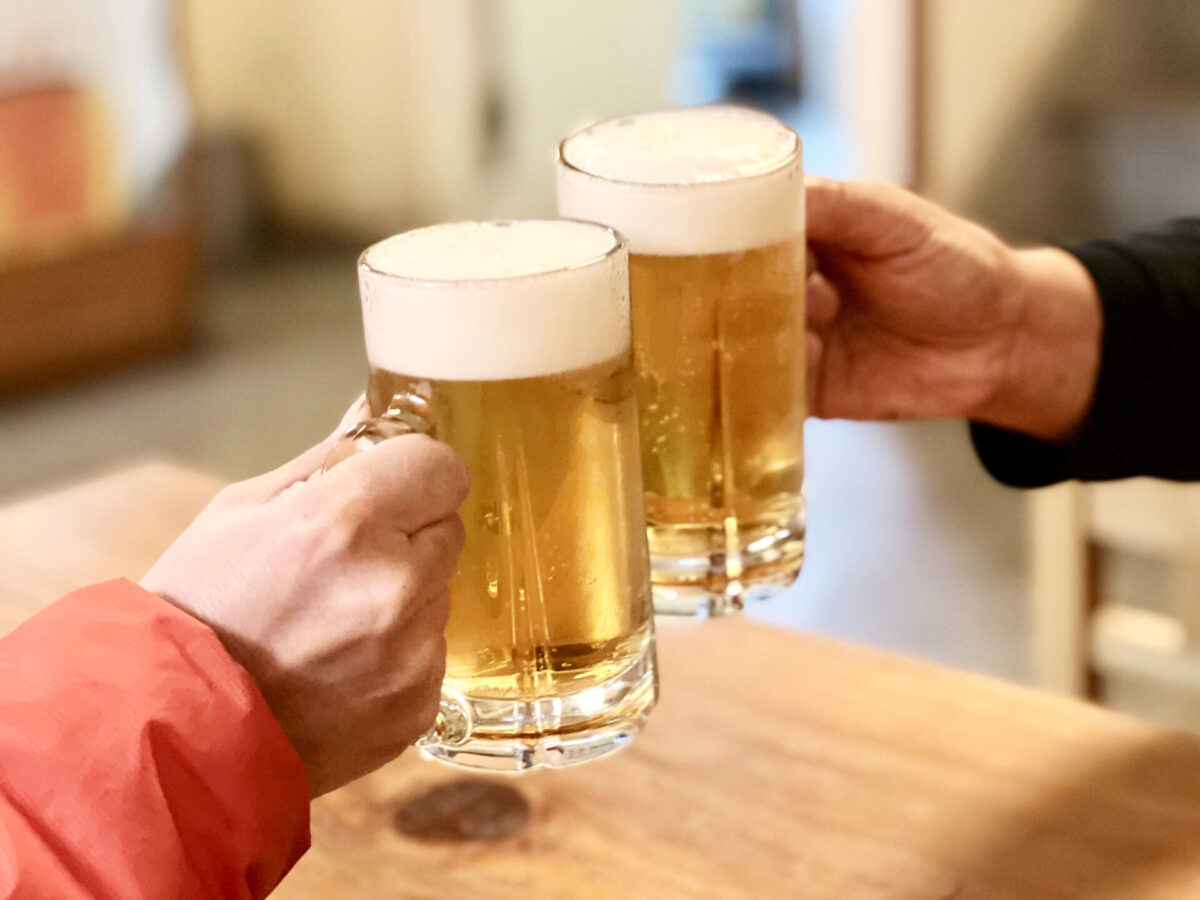
“Otsu” is an abbreviation of “otsukaresama (おつかれさま)”, which is often used to express gratitude or appreciation to someone who did something tiresome. It is more direct than “otsukaresama,” so is often used among friends and other close people.
おつ~。また明日!
“Thank you for you work. See you tomorrow!”
12. Owata (オワタ)

The word “owata” is a youthful variation of the Japanese word “Owatta (終わった)” and is used when you feel helpless despair. This term can correspond to the sentence “I’m done for” in English. On the Japanese Internet and e-mail world, the word “owata” is sometimes accompanied by the emoticon ”\(^o^)/”. This emoticon implies that we are in a situation where there is nothing more that we can do, so we have no choice but to raise our hands and let life flow its course. In other words, “I give up.”
午前9時に会社で大事な会議があるのに、寝坊して今起きたら午前8時50分・・・。
オワタ・・・。
I had an important meeting at work at 9:00 am today, but I overslept and woke up at 8:50 am… I’m done for…
13. Moteru (モテる)

This word “Moteru” means “to be liked and admired by people of the opposite sex”. The equivalent word in English might be “popular”. Let’s look at a few examples.
俺の高校の時の親友はとてもイケメンだったから、周りの女の子たちに凄くモテた。正直、アイツのことを嫉妬していたね。
“My best friend in high school was very good looking and was very popular with the girls around him. Honestly, I was really jealous of him.”
14. Wanchan (ワンチャン)

“Wanchan” is an abbreviation for “one chance (ワンチャンス)” and is in English would mean something along the lines of “I have little hope, but I might just make it”.
お気に入りのアニメキャラのグッズが欲しいんだけど人気すぎてどこも売ってない・・・。けど秋葉原の店に行けばワンチャンあるかも!?
“An item of my favorite anime character that I want is too popular to be sold anywhere… But if I go to a store in Akihabara, I might just have a shot!”
15. Pien (ぴえん)

“Pien” is a very hot word right now, used when you are so happy or sad that you want to cry. This word appears as the emoji (🥺), and so it is easy to imagine what the word “pien” means. It became very popular among girls in junior high and high school around 3 years ago, and now many young people use the word “pien” frequently.
PS5の抽選販売にやっと当たった・・・。嬉しすぎる・・・。ぴえん
“I finally won the lottery for the PS5…. I’m too happy… (sniff)”
Have you heard any of these 15 popular Japanese slang words before either in real life or in media? While this is just a starting list to help get you going, the more you talk and practice with Japanese people, the more your vocabulary will expand and blossom so don’t be afraid to get out there and make some Japanese friends!
Learn Japanese online!
Go! Go! Nihon offers a 2-week online course where you can take Japanese lessons at any time you want at home. This is a perfect course for beginners who want to start learning basic Japanese. A variety of lessons including written lessons, audio recordings, and role-play are included in this course, and you will also get to learn not only the Japanese language but its culture with demonstration videos. If you are planning to study in Japan or work in Japan, or just before traveling to Japan, this online course can be a good option to take as a first step to learning Japanese! You’ll get a certificate after finishing a course.
▶Go! Go! Nihon Japanese Crash Course
Follow us on Instagram, Facebook, Twitter, and TikTok for more travel inspiration. Or tag us to get featured!
Happy traveling!
Other articles you might be interested in

Mao Goto is a Japanese freelancer who was born in Hayama, Kanagawa prefecture, and raised in Tokyo. Since 2016 she lives in the Taito Ward, home to a lot of Japanese culture hotspots such as Asakusa, Akihabara, and Ueno. She has been interested in the field of English education of Japan and got her Master’s degree in March, 2020. A lover of photography, travel, sweets, and cross-stitch. Contact her via Facebook.
This post may contain some affiliate links. When you click through and make a purchase we may receive some commission, at no extra costs to you.



